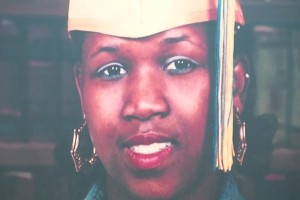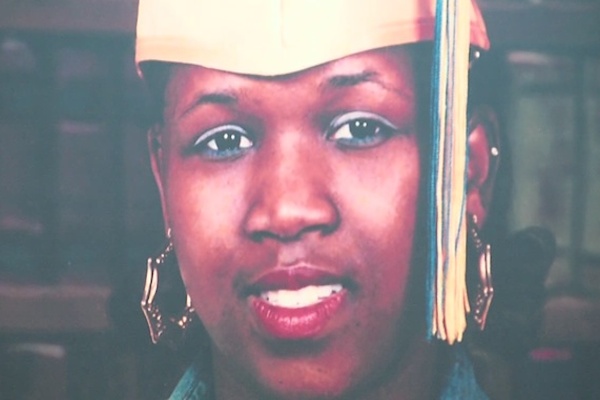
Freddie Gray, Terrance Kellom, Walter Scott, Sean Bell, Akai Gurley, Kajieme Powell, John Crawford, Eric Garner, and unfortunately countless others…
With so much focus lately on unarmed young black men being killed by law enforcement officers, I wondered if young black women were also being “blacklisted” too. I found reports of at least 10 unarmed black women being killed by police within the last decade.
Here are a few of their stories:
Tanisha Anderson (killed November 2014, Cleveland)
Police responded after being dispatched for an unruly but non-violent Anderson. After getting out of the patrol car an officer used a “takedown technique” and at some point she lost consciousness. She died as a result of being physically restrained and her death was ruled a homicide.
Rekia Boyd (March 2012, Chicago)
An off duty officer exchanged words with a group of people walking and as he was driving away he claimed one of the men pulled something from his waistband. The off duty officer fired shots in the direction of the group striking the men who pulled out his cell phone and striking Boyd, who died. The family settled a wrongful death lawsuit with the city.
Tarika Wilson (January 2008, Ohio)
Law enforcement officers entered without warning to serve a warrant for someone who lived at the residence. Wilson was shot and killed while holding her 14 month old baby. The baby was wounded but survived. A settlement was reached for the family.
Yvette Smith ( February 2014, Texas)
Sheriff officers were dispatched for a fight between two men. An officer ordered her multiple times to step out of the threshold of the doorway and when she did she was shot. The family reached a settlement after a lawsuit was filed.
All encounters between law enforcement and black people don’t end in death. Some, usually less publicized events, involve unnecessary roughness. The Rodney King incident was rare with the amount of attention that it received. Thoughts of the lesser known incident between Arizonia State University professor Dr. Ersula Ore last year come to mind.
I recently had a conversation with a white police officer during the initial days of Baltimore protests before the curfew. Probably well meaning, he said, “I don’t see color.”
I looked at him in disbelief. I think white people say this to say that they aren’t racist. But ignoring something doesn’t make it go away or less conspicuous.
“I really don’t.”
“How can you not,” I asked. “It’s the whole outer covering of a person. You can’t look at someone and not see their skin. Anyone saying they don’t “see color” is not telling the truth. There’s nothing wrong with “seeing color”, the problem is when people attach prejudices to a particular color.
After that we talked about more light hearted topics. My hope though is that discussions about prejudices, racism, stereotypes, etc continue and that these social ills lessen over time.


